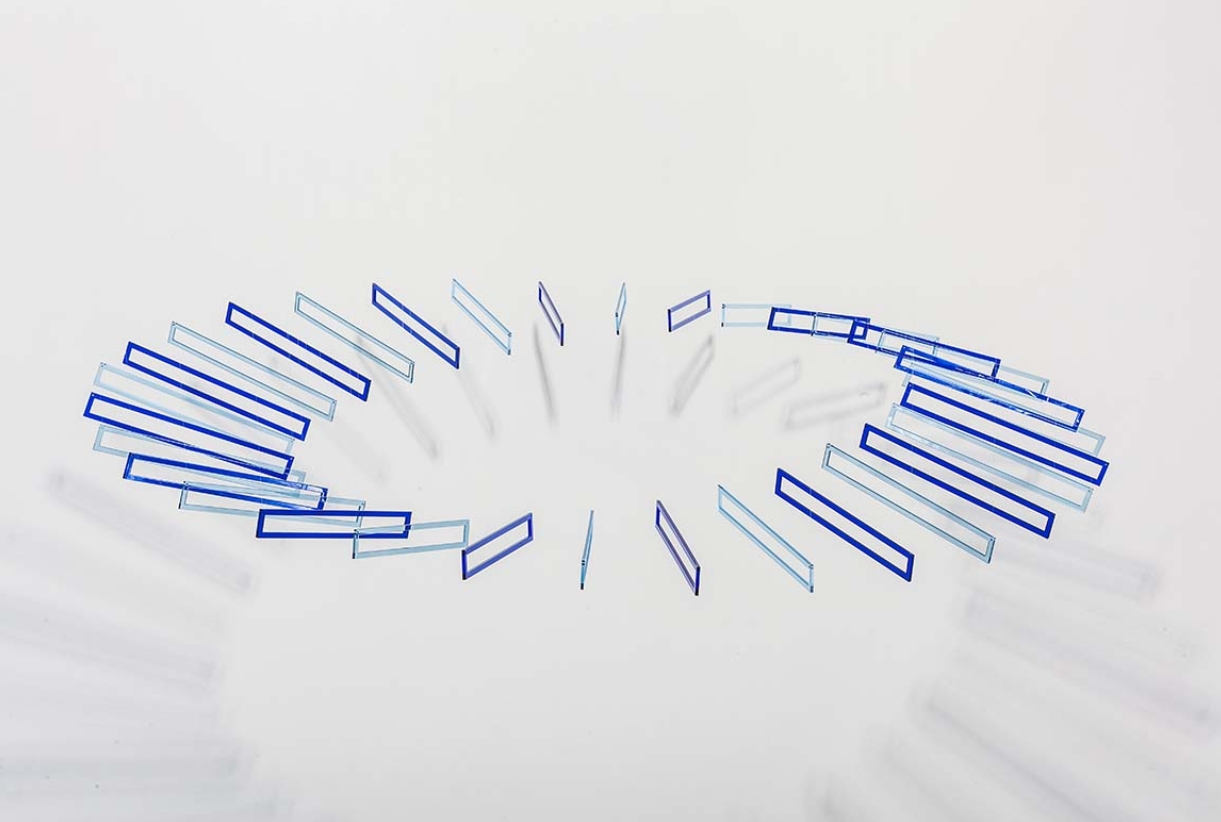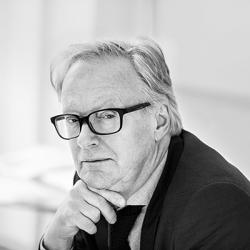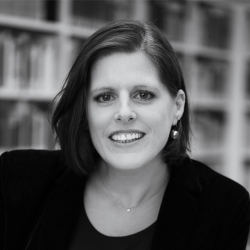4th Transregional Academy on Latin American Art - Plural Temporalities: Theories and Practices of Time
Plural Temporalities: Theories and Practices of Time
4th Transregional Academy on Latin American Art
Plural Temporalities: Theories and Practices of Time
September 24–October 2, 2022
Universidad de los Andes, Bogotá
The German Center for Art History (DFK Paris, part of the Max Weber Foundation – German Humanities Institutes Abroad), the Bibliotheca Hertziana – Max Planck Institute for Art History (Rome), and the Departamento de Historia del Arte, Universidad de los Andes (Bogotá) invite doctoral candidates and postdoctoral researchers in the field of art history and neighboring disciplines to apply for the 4th Transregional Academy on Latin American Art, which will convene from September 24 to October 2, 2022, at the Universidad de los Andes in Bogotá on the subject of “Plural Temporalities: Theories and Practices of Time.” The Academy will be conducted in cooperation with the Forum Transregionale Studien Berlin.
Rationale
The notion of plural temporality invites a conception of time as open, relative, local, and multiple rather than universal, linear, closed, and singular. This notion has a particular pertinence to Latin America and other regions marked by a colonial past, whose histories of “discovery” or subjugation in themselves pose ongoing problems of identity, memory, and narration vis-à-vis pre-Columbian cultures. The Transregional Academy “Plural Temporalities: Theories and Practices of Time” seeks to interrogate the impact of the understanding of temporalities on the construction or deconstruction of identities. From a lateral perspective, this means considering the multiplicity of chronologies and, moreover, their perceptions, their practices, their causes and consequences—opening a discourse in order to lay the groundwork for a methodology or several methodologies.
Latin America from a Transregional Perspective
The Academy’s location and prism is Latin America. Working outward from there, both transregional artistic processes of exchange within the American continent and international interrelations will be critically examined. Instead of merely describing artistic tendencies and comparing them with each another, different cultural and creative processes, strategies of appropriation, including contradictory modalities of translation and comparison will be discussed from a transregional and transcultural perspective.
The Academy’s goal is to facilitate a transregional exchange on concepts of temporality and historicity. To adopt such a perspective, research being conducted in or on Latin American countries must be juxtaposed with discussions taking place elsewhere and located within an international context and vice-versa. At the same time, the extent to which there is a common conceptual and epistemological basis for the construction of a global comparative discourse needs to be considered from a historiographical perspective. This applies not least of all to terms such as “translocal,” “transregional,” and “transcultural.” The variety and complexity of the interpretive concepts will be examined through the lenses of historiography, discourse analysis, and art criticism.
Specifically, we will discuss the concepts, instruments, and impact of contemporary art historical research on temporality via illuminating case studies drawn from the six topics listed below. Participants may also suggest other focal points.
[1] Intersecting Temporalities
Each culture creates its history; it creates its notion of time, adopting one or more temporalities and constructing a calendar. When cultures meet, temporalities can intersect, colliding with, reinforcing, and/or contradicting one other. What does exchange look like when different perceptions of temporality intersect? How is identity constructed over time through these encounters?
[2] Dispositives of Time
The construction of time relates to complex processes involving ideology, cultural heritage, and social convention. Time is not understood in the same manner everywhere, and its perception and representation cannot take place independently of the institutions and practices that mark time, nor independently of the objects, documents, and monuments that materialize it. How might we investigate these structures of time from a transcultural perspective?
[3] Past – Present – Future
History operates according to notions like new and old, “pre” and “post,” modern and contemporary, etc. Such constructs bespeak ideologically charged caesurae and periodizations, which shift depending on the context. In this sense, pasts, presents, and futures can only be thought of in the plural. Any attempt at a global account must face this problem. How, then, might we conceive time in the plural?
[4] Non-Temporalities
To approach temporality as anything other than a cultural category is to obscure its dynamic participation in the whole of society. Chronological non-temporality, when projected onto an “Other”, can “freeze” that Other in a perpetual present, absent any dynamic change. To what extent and by what means can temporalities be arrested or simply cease to exist? And if the non-temporality of a given Other is determined by an outside actor, what are the consequences for the former at the level of culture, aesthetics, and identity?
[5] Places of Time
Notions of time change depending on the locations both from and with which they are considered. Every shift in place can lead to a temporary disturbance. These displacements constitute real moments of deterritorialization. They invite us to reflect on transcultural encounters as encounters in time(s) and space(s) and, more specifically, to ask the question of how place influences conceptions of time, and vice versa.
[6] Center and Periphery
An examination of different temporalities highlights certain hegemonic asymmetries. In the wake of recent discussions around contact zones, hybridization, transculturalism, and affinities across cultures, the ideological implications of traditional hierarchies have come under considerable criticism. If these debates are of crucial importance for the discourse on history, it is also because that discourse is marked by—indeed, bound, in the closest possible way, to—notions of center and periphery. How might we think about the impact of these asymmetries on temporalities?
The historical scope of the academy’s investigation is deliberately not limited to any one era and seeks to avoid all contemporary historical caesurae. The 4th Transregional Academy on Latin American Art is held in the framework of the German Center for Art History Paris’s research area “Traveling Art Histories: Transregional Networks in Exchange between Latin America and Europe.” The three preceding academies addressed the themes of “Modernism: Concepts, Contexts, and Circulation” (São Paulo, 2016), “Mobility: Objects, Materials, Concepts, and Actors in Art” (Buenos Aires, 2017), and “Spaces of Art: Concepts and Impacts in and outside Latin America” (Mexico City, 2019).
Steering Committee: Lena Bader (DFK Paris), Jens Baumgarten (Universidade Federal de São Paulo), Karen Cordero (Historiadora del arte y curadora independiente), Thierry Dufrêne (Université Paris-Nanterre), Laura Karp Lugo (Université de Lorraine), Thomas Kirchner (DFK Paris), Natalia Majluf (Museo de Arte Lima), Élodie Vaudry (DFK Paris), Tristan Weddigen (Bibliotheca Hertziana in Rome), Patricia Zalamea (Universidad de los Andes, Bogotá)
For questions related to the content of the program, contact: Dr. Lena Bader (DFK Paris), 45, rue des Petits Champs, 75001 Paris, lbader@dfk-paris.org
For questions regarding the application process and organization please contact: Jacqueline Wagner, (Forum Transregionale Studien), Wallotstr. 14, 14193 Berlin, +49 30 89001-430, academies@trafo-berlin.de
For further information on the previous academies and the participating institutions, visit:
• www.dfk-paris.org
• https://www.biblhertz.it
• https://facartes.uniandes.edu.co/
• https://historiadelarte.uniandes.edu.co/
• https://academies.hypotheses.org/
• www.forum-transregionale-studien.de
• www.maxweberstiftung.de
Read the report:
- Lena Bader, Plural Temporalities: Theories and Practices of Time. Report on the Transregional Academy on Latin American Art IV, Bogotá 2022, in: TRAFO – Blog for Transregional Research, 03.08.2023, https://trafo.hypotheses.org/48154.
 Elias Crespin, Plano Flexionante Circular Bleu, 2013. Plexiglass, nylon, motors, computer, electronic interface, Ø 100 cm. Photography Pascal Maillard, © Elias Crepin
Elias Crespin, Plano Flexionante Circular Bleu, 2013. Plexiglass, nylon, motors, computer, electronic interface, Ø 100 cm. Photography Pascal Maillard, © Elias CrepinReport on the 4th Transregional Academy on Latin American Art, Bogotá 2022,
by Lena Bader,
in: TRAFO – Blog for Transregional Research, 03.08.2023, https://trafo.hypotheses.org/48154







